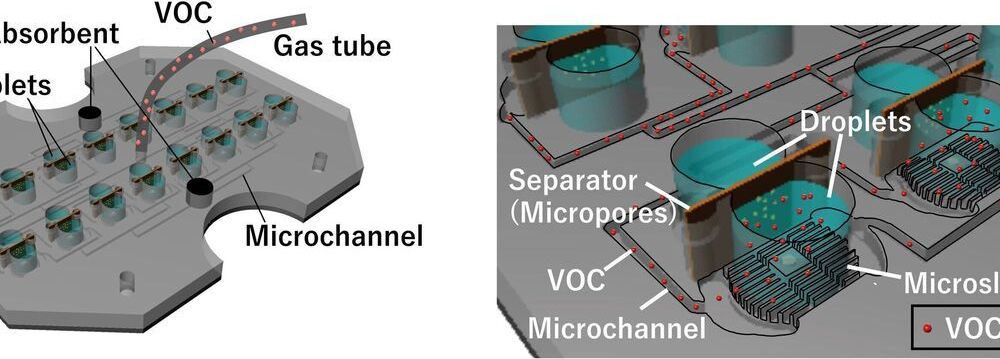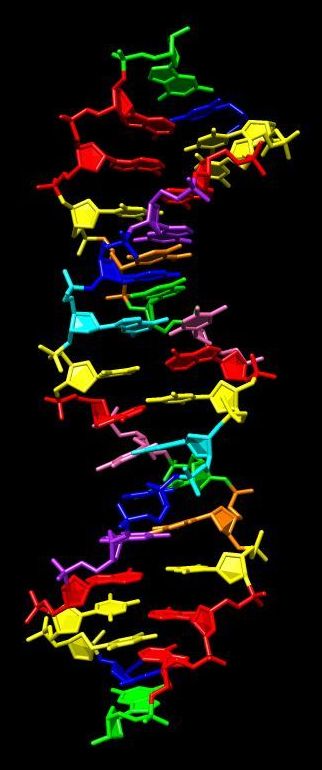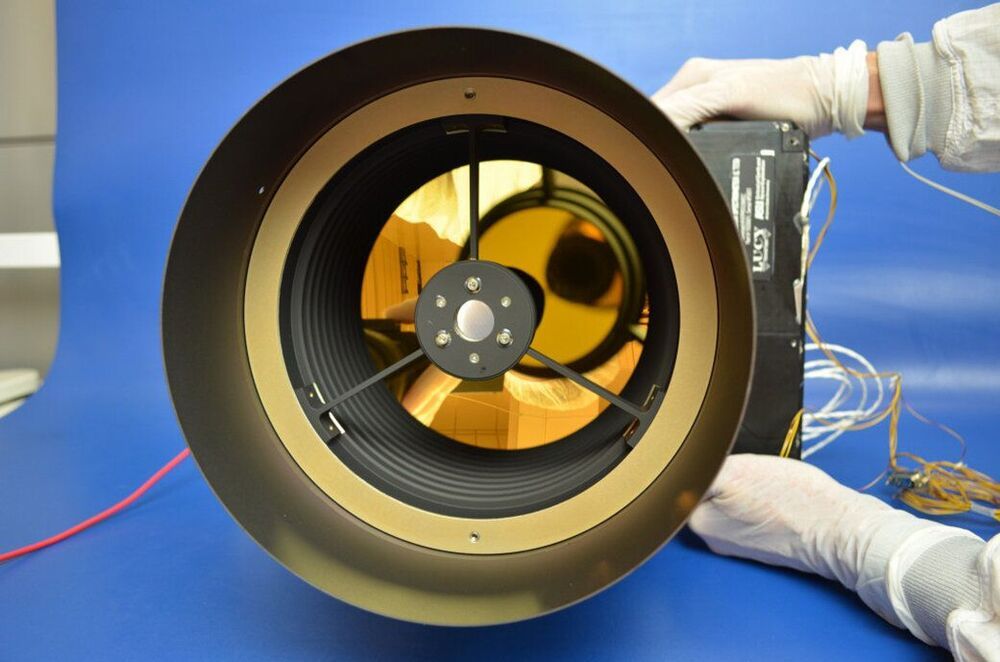A keen sense of smell is a powerful ability shared by many organisms. However, it has proven difficult to replicate by artificial means. Researchers combined biological and engineered elements to create what is known as a biohybrid component. Their volatile organic compound sensor can effectively detect odors in gaseous form. They hope to refine the concept for use in medical diagnosis and the detection of hazardous materials.
Electronic devices such as cameras, microphones and pressure sensors enable machines to sense and quantify their environments optically, acoustically and physically. Our sense of smell however, despite being one of nature’s most primal senses, has proven very difficult to replicate artificially. Evolution has refined this sense over millions of years and researchers are working hard to catch up.
“Odors, airborne chemical signatures, can carry useful information about environments or samples under investigation. However, this information is not harnessed well due to a lack of sensors with sufficient sensitivity and selectivity,” said Professor Shoji Takeuchi from the Biohybrid Systems Laboratory at the University of Tokyo. “On the other hand, biological organisms use odor information extremely efficiently. So we decided to combine existing biological sensors directly with artificial systems to create highly sensitive volatile organic compound (VOC) sensors. We call these biohybrid sensors.”







